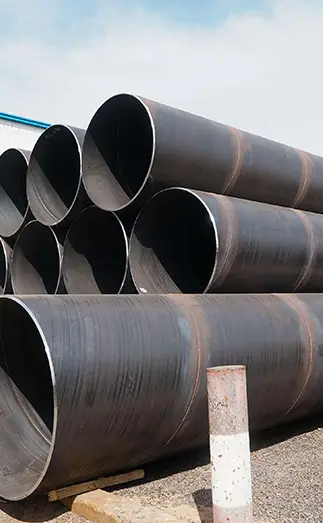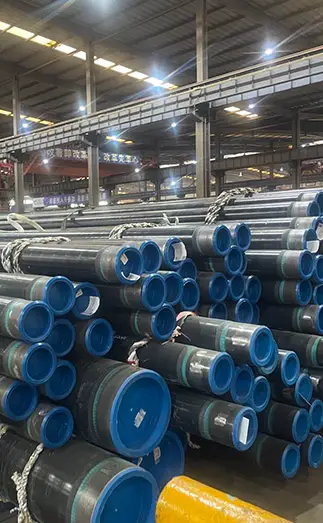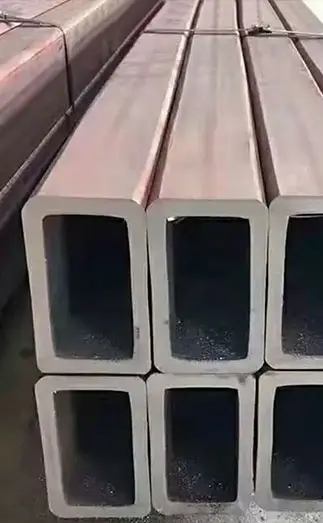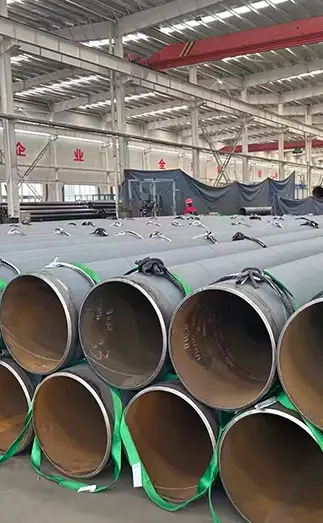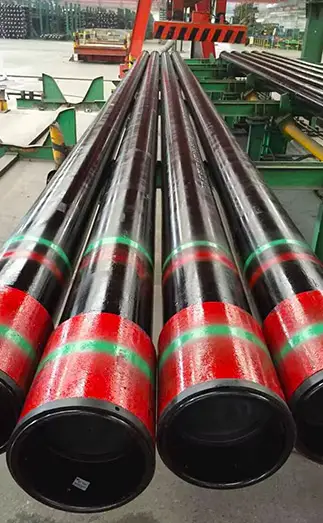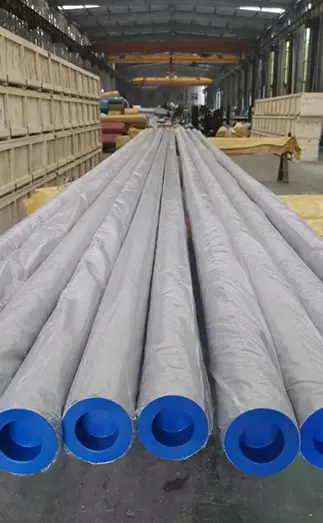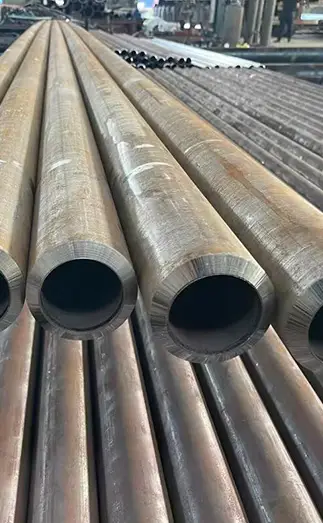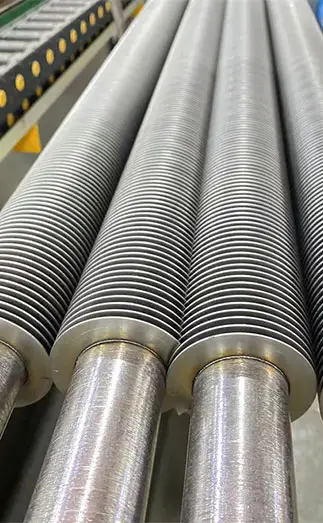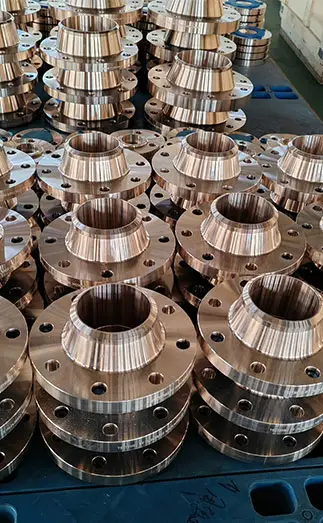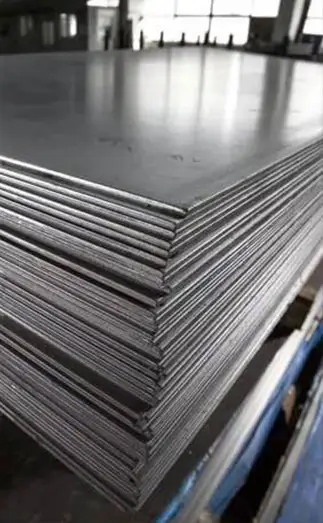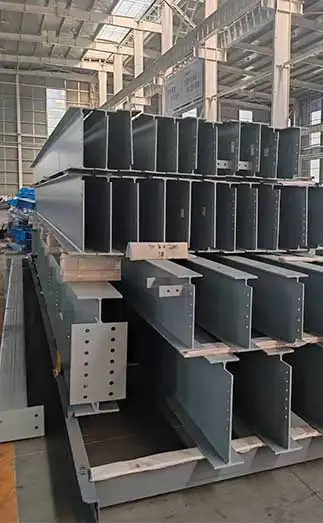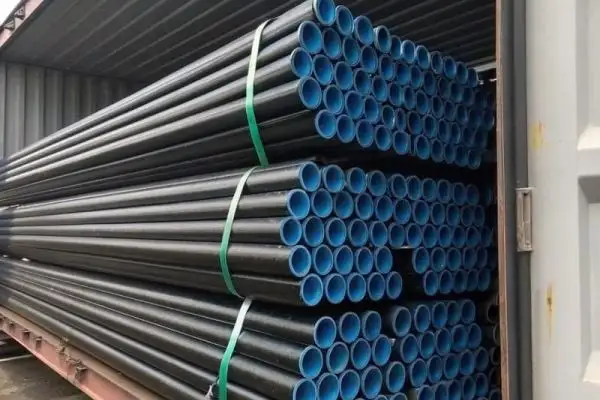For flange suppliers, holding the right certifications is not only a mark of quality assurance but also a gateway to global market entry. These certifications reflect a supplier’s ability to meet international standards, industry-specific requirements, and regional regulations, while also addressing material integrity and sustainability commitments. Below is an overview of key certifications that demonstrate a supplier’s credibility, technical expertise, and compliance.
Super Steel Manufacturing Co.,Ltd is professional flanges manufacturer, for more details, please contact:sales@super-steels.com
1. Internationally Recognized Certifications
ISO 9001:2015 – Quality Management System
Confirms the supplier's capability in consistent quality control and standardized production. A baseline requirement for international procurement, applicable across all industrial sectors.
API 6A – American Petroleum Institute Certification
Ensures flanges used in high-pressure and high-temperature oil & gas applications (e.g., wellheads, Christmas trees, valve connectors) meet strict safety standards.
ASME B16.5 / B16.47 – American Flange Standards
Verifies dimensions, pressure ratings, and materials in accordance with ASME standards. Essential for projects in North America’s petrochemical, power, and shipbuilding industries.
PED 2014/68/EU – EU Pressure Equipment Directive
Mandatory for pressure-bearing flanges entering the European market. Ensures compliance with pressure safety classifications (I–IV) and CE marking requirements.
2. Industry-Specific Certifications
NACE MR0175 / ISO 15156 – H₂S Corrosion Resistance
Confirms material suitability in sour service environments to prevent sulfide stress cracking. Widely used in oil & gas and chemical industries.
NORSOK – Norwegian Petroleum Standards
Required for North Sea oil field projects. Covers material selection, testing, and corrosion resistance, ideal for harsh offshore environments.
ATEX – Explosion-Proof Certification
Ensures flange compliance in flammable or explosive atmospheres such as refineries or gas processing plants.
3. Regional Market Access Certifications
TSG – China Special Equipment Manufacturing License
A mandatory license for flange suppliers serving China’s domestic market, especially for pressure pipe applications.
AD 2000 – German Pressure Vessel Code
Required for equipment used in Germany and German-speaking regions, with a focus on traceability and testing standards.
JIS – Japanese Industrial Standard
Aligns with Japanese manufacturing specifications (e.g., JIS B2220). Commonly used in East Asia’s shipbuilding and automotive industries.
4. Material and Process Certifications
ASTM Material Certification (e.g., A105, A182)
Verifies material compliance with American standards for carbon, alloy, and stainless steel—critical for raw material validation in global sourcing.
EN 10204 3.1 / 3.2 – Mill Test Certificates
Provides third-party inspection reports on chemical composition and mechanical properties, often required in European high-spec projects.
5. Sustainability & Social Responsibility Certifications
ISO 14001 – Environmental Management
Demonstrates environmentally responsible manufacturing practices. Increasingly valued in ESG-focused supply chains in Europe and the U.S.
ISO 45001 – Occupational Health and Safety
Confirms workplace safety compliance, minimizing risks in the supplier’s labor and production environments.
How to Verify a Supplier’s Certifications
Official Database Verification
Use the certificate number to search on the issuing body’s official website (e.g., API, TÜV) for up-to-date certification status and details.
Audit Reports
Request recent factory audit records, such as ISO surveillance audit summaries, to verify actual production and quality control conditions.
Third-Party Testing
Conduct independent lab tests on samples to reconfirm key metrics (e.g., chemical composition, hardness) and ensure consistency with certified specifications.
Conclusion
Holding the right certifications not only enhances a flange supplier’s market competitiveness but also gives buyers peace of mind when it comes to product quality, compliance, and risk control. For procurement in regulated or high-risk industries, these credentials are not optional—they're essential.



 English
English Español
Español Français
Français بالعربية
بالعربية